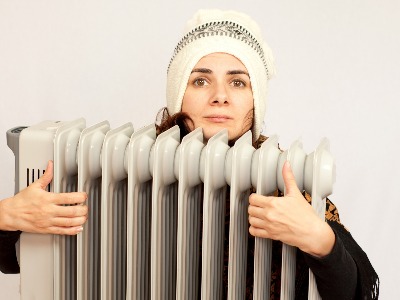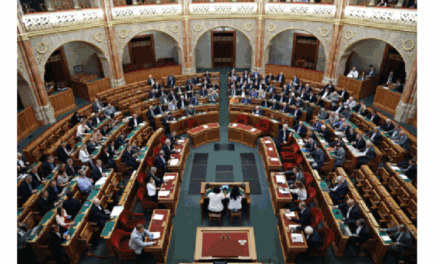The proportion of energy-poor households in the European Union (EU) has risen drastically. The results of Századvég's new research show that, on average, every fourth household in the EU struggles with heating difficulties and utility bill arrears, while thanks to the utility reduction program, Hungary is the second least affected by the former problem and the third smallest by the latter.
In the survey of the Századvég Foundation - the findings of which were communicated to MTI on Friday - it is stated that the increase in energy prices caused by the intensifying trade conflict between Russia and Europe presents increasingly serious challenges to EU countries.
The individual member states use various official means to prevent the impact of the price explosion on residential tariffs, but their effectiveness differs significantly, they concluded.
As written: the most protective utility subsidy system operates in Hungary, where officially fixed tariffs ensure the lowest household energy prices in the EU.
"However, in countries with more permissive regulations, families faced an extraordinary price increase in the recent period, which - if not compensated by a sufficiently high income or state transfer - put households in an existentially vulnerable situation," they said.
They reminded that, based on Eurostat data, in 2021, 6.9 percent of European Union households (13.5 million households, 29.9 million people) were not able to adequately heat their homes for existential reasons, and 6.4 percent (12.6 million households, 27.7 million persons) struggled with payment arrears.
The autumn 2022 data collection of Századvég predicts a "dramatic deterioration" of the situation: it seems that due to the rise in energy prices, a significant part of the population has become affected by the two problems.
Based on the results of the Századvég Europe Project research, 26 percent of European citizens (more than 100 million people) are unable to heat their homes properly.
However, just as in the rise of residential tariffs, there are significant differences in the number of people struggling with heating difficulties in the Member States, they wrote.
According to the survey, Greece is in the most difficult situation, where more than half of the respondents (56 percent) stated that they are unable to heat their homes adequately. The second and third most serious situations can be seen in Portugal and France: in both countries, a third of the population (34-34 percent) have difficulties in ensuring a sufficient temperature. The least affected member states are Finland (10 percent), Hungary (14 percent), and Austria and Denmark (14 percent each), they added.
They went on to say that every fourth respondent was unable to pay one of their utility bills on time due to a lack of funds at least once in the past year (compared to the autumn data collection).
It was announced about the Europe Project that the 2022 research covered the United Kingdom, Norway, Switzerland, Moldova, Albania, Kosovo, North Macedonia, Montenegro, Serbia, Bulgaria and Bosnia-Herzegovina in addition to the member states of the European Union, making a total of 38 000 randomly selected adults were interviewed using the CATI method between October 13 and December 7.
Source and full article: Magyar Hírlap
Featured Image: Facebook













